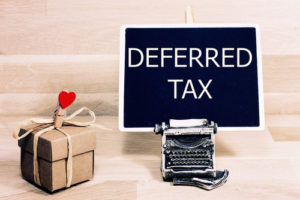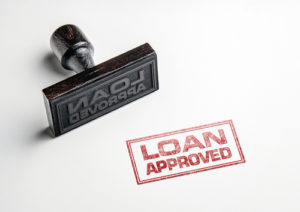FBAR Penalties Could Be Lessened Under New IRS Guidelines
According to the IRS, “if you have a financial interest in or signature authority over a foreign financial account, including a bank account, brokerage account, mutual fund, trust, or other type of foreign financial account, exceeding certain thresholds, the Bank Secrecy Act may require you to report the account yearly to the Department of Treasury by electronically filing a Financial Crimes Enforcement Network (FinCEN) 114, Report of Foreign Bank and Financial Accounts (FBAR).”
In other words, anyone who has money in a foreign bank account that exceeds $10,000 at any time during a given year will need to report that income to the IRS via an FBAR. However, recently, the IRS issued some new guidance regarding the penalties for those who don’t file an FBAR. According to reports, the IRS released a statement that noted: “For each year for which it is determined that there was a willful violation, examiners must fully develop and adequately document in the examination work papers their analysis regarding willfulness.”
For any case that involves willful violation for several years, it is up to the examiner to recommend the penalty length for each year the violation was determined to be willful. The IRS stated that typically the total penalty for the combined years under examination would not exceed ‘50 percent of the highest aggregate balance of all unreported foreign financial accounts during the years under examination.”
Meantime, an examiner can recommend more or less than the 50 percent threshold, but the total penalty cannot “exceed 100 percent of the highest aggregate balance.” There are obviously many possible scenarios and each case will be treated separately on its own merits and circumstances. The bottom line is you should still report your FBARs each year and report them on time. If you need help planning for and filing your FBAR then contact GROCO today at 1-877-CPA-2006, or by clicking here.
Ready to Start Investing? Here’s How
Ready to Start Investing? Here’s Howv Are you still sitting on the sidelines when it cones to investing? Of course, not everyone is in a position to start investing. But if you are, and you haven’t started, then what are you waiting for? Investing is one of the smartest things you can do in terms…
The 1031 Exchange: A Powerful Tool for Deferring Taxes
The 1031 Exchange: A Powerful Tool for Deferring Taxes Sec. 1031 exchange activity has picked up considerably in recent years, as real estate sellers facing significant capital gains look for opportunities to soften the tax blow. By exchanging real property for other real property of “like kind,” owners can defer capital gains taxes until the…
Self-Directed IRAs: Handle With Care
Self-Directed IRAs: Handle With Care IRAs – both traditional and Roth – are powerful tools for financial, retirement, and estate planning. But what if you’re not satisfied with your IRA’s performance? One way to “turbocharge” its benefits is to use a “self-directed” IRA, which is permitted to hold alternative investments that offer higher potential returns.…
Obtaining Financing
Obtaining Financing Whether you are a small or medium size business, the process of obtaining a loan is similar. Commercial lenders are interested in: The purpose of the loan. With a seasonal loan, for example, the borrower is able to pay the loan back when inventories and receivables decline after a seasonal surge in business,…




